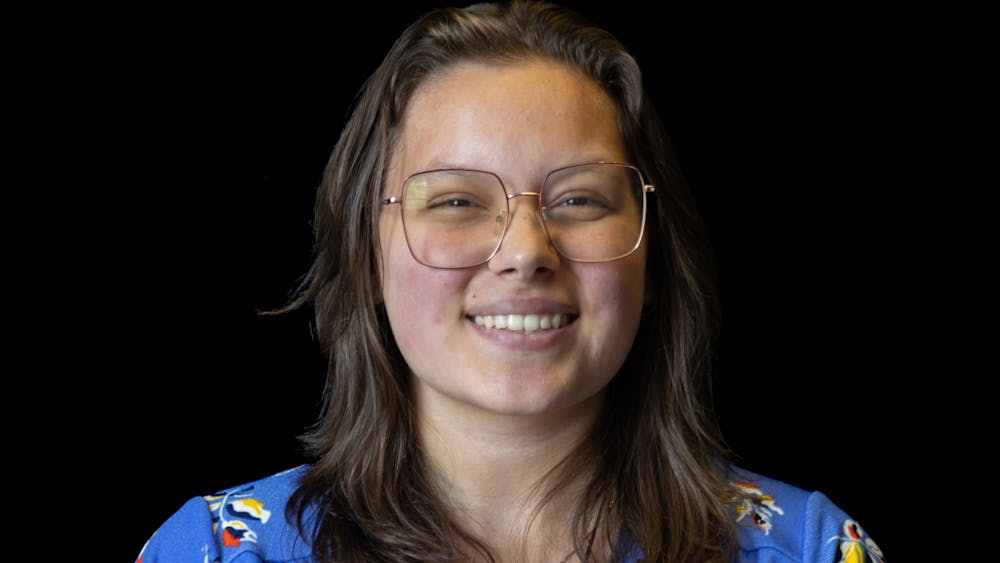University collaborations aid Native American Programs funding
While the Native American Programs Office budget has remained relatively static in the seven years Director Colleen Green has been at Central Michigan University, she said it is not enough to cover the cultural and educational activities organized.
“What we’ve been able to do over the last seven years I’ve been here is to collaborate with different departments and colleges around campus, as well as the Saginaw Chippewa Indian Tribe,” Green said. “We make sure that we are educating the campus and community on Native American culture as well as diversity issues.”
The total allotment given to the program from the university’s general operating budget has risen from $74,000 in 2010 to roughly $118,000 in the 2014-15 academic year. This overall figure does not determine how much the program will get to spend on general operations, Green said.
New technology, office supplies, phone bills and other office costs are allocated in the program’s supply and equipment budget, which is adjusted each year depending on needs in other areas of the department.
Even though the overall budget is higher now than in 2010, more office employees have been hired, which requires more money from to be allocated to their salary rather than to supplies and equipment.
Native American Programs had over $14,400 to spend on supplies and equipment in 2010, and only about $6,700 to spend this year. This money is reserved solely for the day-to-day operations of the office.
“Thinking about it from a fiscal standpoint, you know that’s not going to (be enough). It’s going to cost quite a bit more to actually run an office,” Green said.
Collaboration with CMU's academic colleges and registered student organizations helps the Native American Programs office to continue reaching out to students. The College of Humanities and Social Behavioral Sciences, registered student organizations and other university departments. By collaborating with them, Native American Programs is able to secure the funding needed to put on programs like the annual Pow Wow at CMU.
“We’re really resourceful,” Green said. “The students and myself go out and raise funds (for the Pow Wow). We send letters to everybody in the institution and ask them for funding for the Pow Wow.”
Other activities hosted by Native American Programs include events for upcoming Native American Heritage month and educational and cultural presentations in classes and residence halls. All these activities are supported by contributions from multiple organizations.
Rae Marie Barrett, the special events coordinator for CHSBS, said providing funding to Native American Programs is essential to keeping educational and cultural education going on in the community. She said hosting educational activities benefits members of the Saginaw Chippewa Indian Tribe in addition to CMU students.
“We’re always trying to diversify our population at this school and we’re always trying to teach students,” Barrett said. “We need to extend the knowledge and the respect that should go along with other cultures, especially one that’s sitting here in our back yard.”
Recently, Native American Programs and CHSBS collaborated through the Olga J. and G. Roland Denison Visiting Professorship of Native American Studies to bring a group called Native Skywatchers to both campus and the Ziibiwing Center in Mount Pleasant. The group spoke about Native American teachings about the stars and constellations.
Without these activities and presentations, Barrett said students and Tribe members would miss out on hearing from the top experts in Native American culture and education.
“There’s such a small group of Native Americans that are actually at the forefront of this,” Barrett said. “I think it’s important that we can bring them to CMU. I think that everybody in the community needs to see these programs.”




